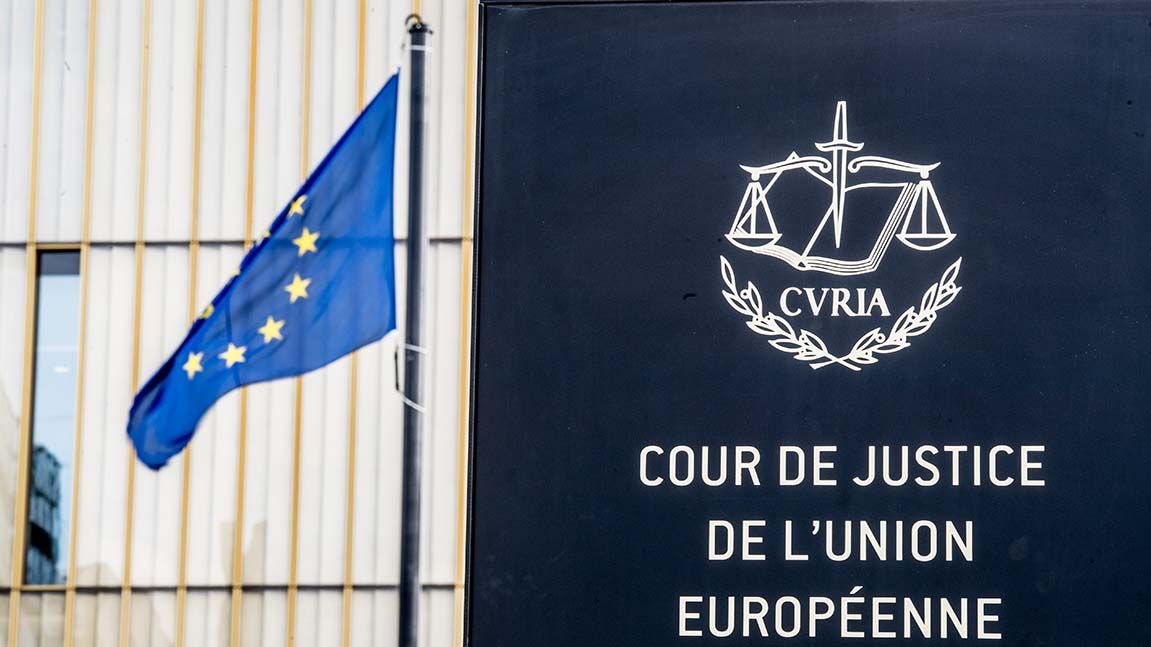By decision of 27 June 2017 , the Commission found that, in 13 countries of the European Economic Area (EEA) , Google had given preference, on its general search results pages, to the results of its own comparison shopping service over those of competing comparison shopping services. Google had thus presented search results from its own comparison shopping service in a primary position and had promoted them in ‘boxes’ with accompanying attractive image and text information. By contrast the search results of competing comparison shopping services appeared as simple generic results (displayed in the form of blue links) and were, accordingly, unlike results from Google’s comparison shopping service, prone to being demoted by adjustment algorithms in Google’s general results pages.
The Commission came to the conclusion that Google had abused its dominant position on the markets for online general searches and for specialised product searches and imposed a fine of €2 424 495 000, for which Alphabet, as Google’s sole shareholder was jointly and severally liable in the amount of €523 518 000.
Google and Alphabet challenged the Commission’s decision before the General Court of the European Union. By a judgment of 10 November 2021 3 , the General Court largely dismissed the action and, in particular, upheld the fine. By contrast, the General Court did not consider it proven that Google’s practice had had – even potentialanticompetitive effects on the market for general search services. Consequently, it annulled the Commission’s decision in so far as the Commission had also found an infringement of the prohibition of abuse of a dominant position in respect of that market.
Google and Alphabet then lodged an appeal with the Court of Justice, seeking that the judgment of the General Court be set aside in so far as it had dismissed their action and that the Commission decision be annulled.
By today’s judgment, the Court of Justice dismisses the appeal and thus upholds the judgment of the General Court.
The Court of Justice recalls that EU law 4 does not sanction the existence per se of a dominant position, but only the abusive exploitation thereof. In particular, the conduct of undertakings in a dominant position that has the effect of hindering competition on the merits and is thus likely to cause harm to individual undertakings and consumers is prohibited. That conduct covers any practice which has the effect of hindering, through means other than competition on the merits, the maintenance or growth of competition in a market in which the degree of competition is already weakened, precisely because of the presence of one or more undertakings in a dominant position.
The Court of Justice states that it is true that it cannot be considered that, as a general rule, a dominant undertaking which treats its own products or services more favourably than it treats those of its competitors is engaging in conduct which departs from competition on the merits irrespective of the circumstances of the case. However it finds, in the present case, that the General Court correctly established that, in the light of the characteristics of the market and the specific circumstances of the case, Google’s conduct was discriminatory and did not fall within the scope of competition on the merits.
Source: Curia








Leave a Reply